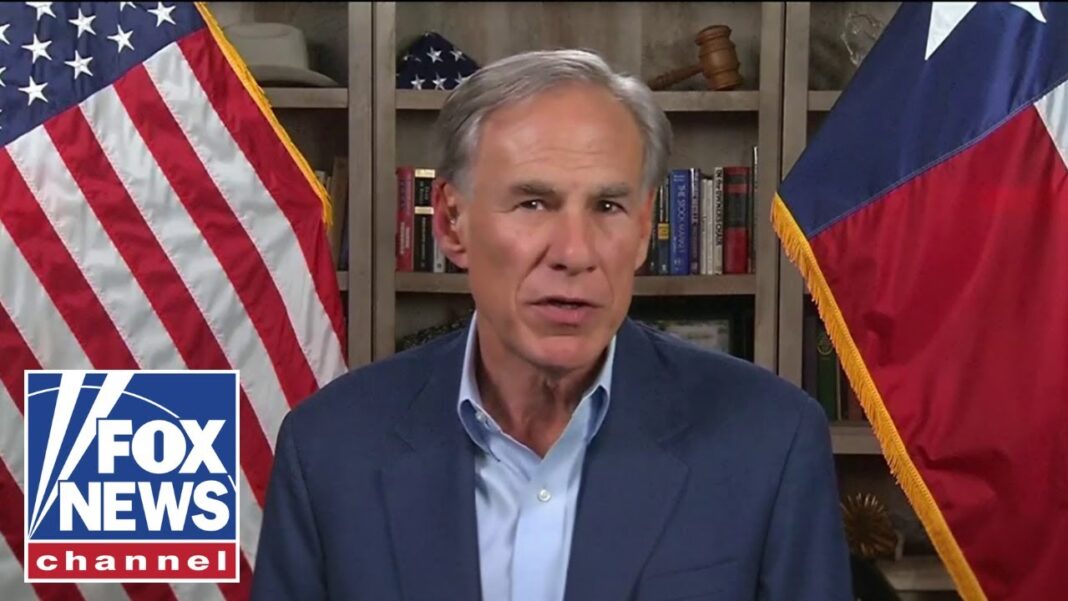Analysts say politicians don’t get the vibes of those who grew up online with school lessons via Zoom, school shooting drills, and viral videos of violence.
In the next presidential election, Generation Z and millennials are expected to make up the majority of voters for the first time.
However, Gen Z voters are not just waiting on the political sidelines for their moment in 2028. They are already here, not just marching, posting, or showing up in exit polls, but staffing city halls, directing field programs, and running for Congress, and pushing parties to rethink messages that worked for older voters but that no longer resonate.
The open question, according to analysts, is whether political parties will treat them as the core of the electorate they are about to become or keep talking to them as an afterthought.
Gen Z came of age during the Great Recession’s aftermath, years that included school shooting drills, the rise of social media, the COVID-19 pandemic, and sharp rises in housing and college costs, said Democratic strategist Adin Lenchner, founder of Carroll Street Campaigns in the New York City borough of Brooklyn.
Lenchner said many of today’s political leaders “fundamentally do not understand” what it means to attend school on Zoom, live with constant online attention, or grow up with viral videos of violence and warnings of climate disaster.
“There is a gap between the urgency of their experience and an older generation that is lethargic about adjusting [its] perspective and policy agenda to meet that moment,” he told The Epoch Times.
In his view, Gen Z’s response is simple.
“They are taking the future into their own hands,” he said.
By 2028, millennials and Gen Zers are projected to make up a majority of potential voters in the United States. They will make up more than 60 percent by 2036, according to an analysis of census data by the Brookings Institution.
The younger cohort, Gen Z, is commonly defined as people born between 1997 and about 2012, following millennials, born between 1981 and 1996.
Nearly half of Americans aged 18 to 29 cast a ballot in the 2024 presidential election, down slightly from their record turnout in 2020, Tufts University’s CIRCLE research center found.
That scale is already reshaping politics.
But Lenchner said it is a mistake to treat Gen Z as if it is just now “rising.” He described its presence instead as part of “the natural cycle of political life,” but one that older elites are only noticing now through a generational lens.
“Every generation reaches the age where they run or organize and lead,” he said. To the “political elites” or establishment media organizations telling the story, it may look like a surge, he said, but “to Gen Z, it’s just growing up.”
By Chase Smith







